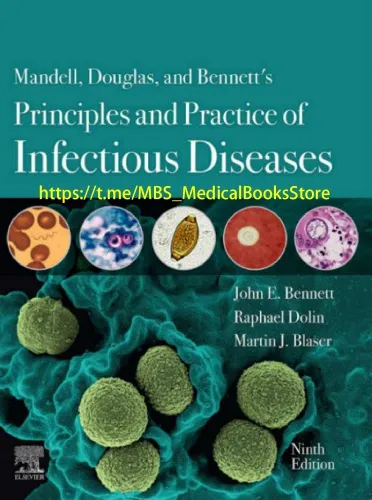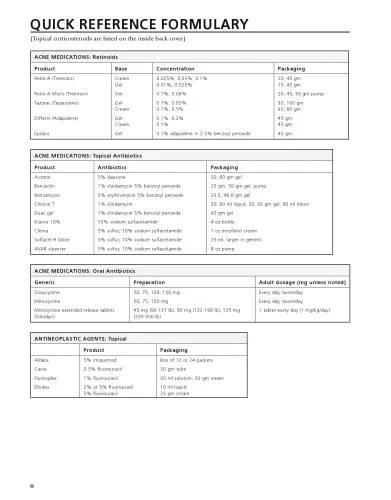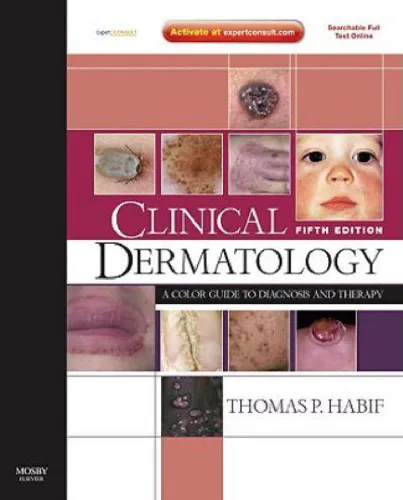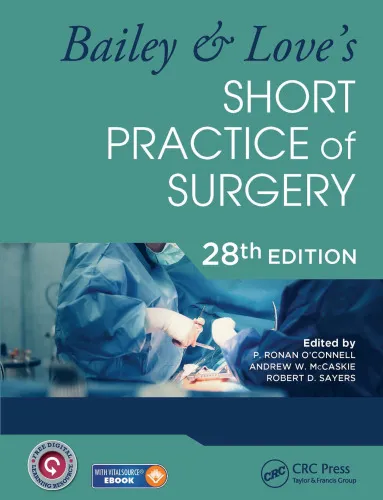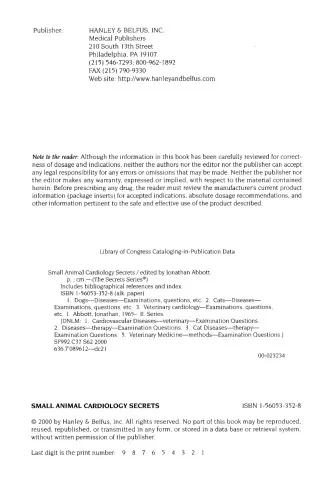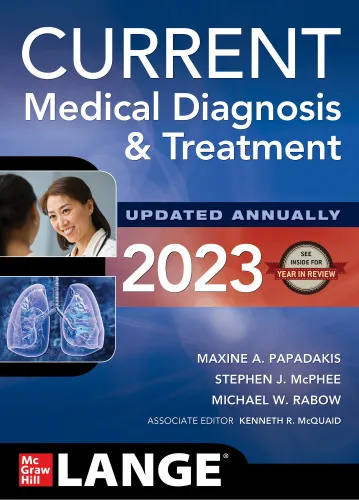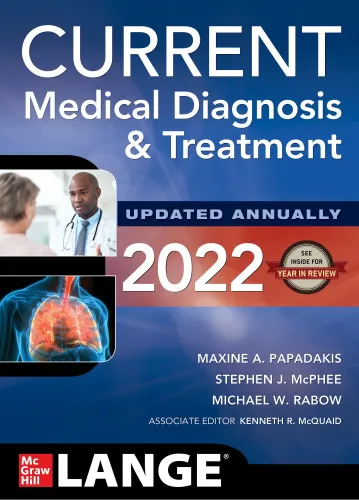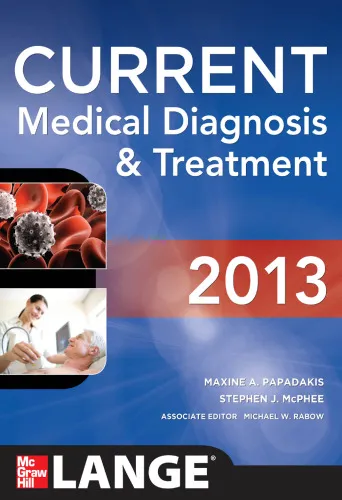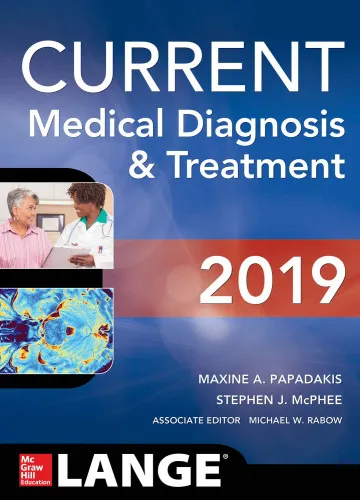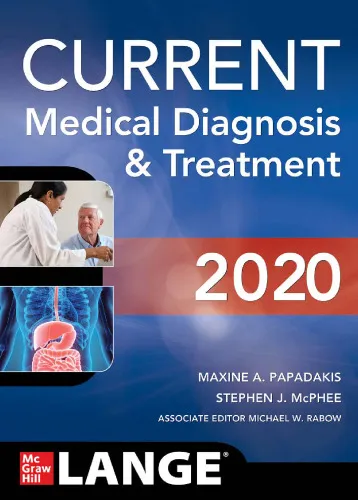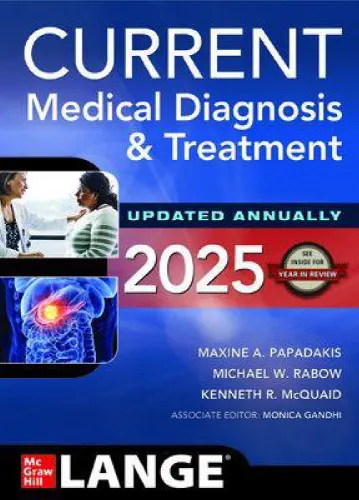Oncology Letters
4.7
Reviews from our users

You Can Ask your questions from this book's AI after Login
Each download or ask from book AI costs 2 points. To earn more free points, please visit the Points Guide Page and complete some valuable actions.Related Refrences:
Analytical Summary
The book Oncology Letterspp.534—540 stands as a rigorous contribution to the evolving field of cancer research and clinical oncology. Its pages encompass a meticulous dissection of experimental data, peer-reviewed findings, and theoretical underpinnings that define the current state of oncology. Crafted for serious readers, academics, and professionals, this work bridges the gap between laboratory research and patient care.
Structured around a sequence of studies, the narrative emphasizes translational medicine—how bench-side discoveries can move into clinical trial phases and, ultimately, improve therapeutic outcomes. Though the exact publication date is noted as “Information unavailable” due to no reliable public source, the text retains a timeless relevance because it addresses the persistent challenges in oncology.
The presentation is data-rich yet approachable for a scholarly audience, drawing on both quantitative metrics and qualitative insights. From molecular pathways to treatment protocols, each segment is designed to reinforce critical understanding. The author's deliberate choice to maintain an accessible tone amidst technical complexity invites cross-disciplinary engagement.
Key Takeaways
Readers of Oncology Letterspp.534—540 will find themselves equipped with a clearer understanding of the modern oncology landscape, enriched by interpretive guidance and critical reflection.
Key insights include the importance of integrative research models, the role of statistical robustness in clinical trials, and the necessity of multidisciplinary cooperation among oncologists, lab scientists, and data analysts.
The book’s secondary focus areas—cancer research methodologies and clinical oncology innovations—are explored in depth, providing actionable knowledge for both academic inquiry and professional application.
Furthermore, emphasis is placed on the ethical dimension of oncology, underscoring patient-centric perspectives and the long-term societal benefits of sustained research investment.
Memorable Quotes
“Oncology is not merely a science; it is a continuum of hope built with data, diligence, and dedication.” Unknown
“Each page of research is a step toward reshaping the narrative of cancer from inevitability to survivability.” Unknown
“Clinical innovation thrives where methodological rigor and compassionate care intersect.” Unknown
Why This Book Matters
The critical importance of Oncology Letterspp.534—540 lies in its ability to synthesize specialist knowledge into a coherent framework that professionals can readily apply.
In a global context where cancer affects millions annually, works like this serve as reference points for both emerging scientists and seasoned clinicians. Its two secondary keywords—cancer research methodologies and clinical oncology innovations—are not only thematically relevant but also strategically emphasized throughout, enhancing the text’s utility for readers seeking targeted expertise.
The book offers a lighthouse for navigating the vast ocean of oncology literature, making it a critical resource in academic libraries, research institutions, and clinical settings.
Inspiring Conclusion
In closing, Oncology Letterspp.534—540 represents a robust, insightful, and deeply relevant exploration of oncology. By combining analytical precision with an overarching commitment to progress, it serves as a bridge between scientific discovery and human impact.
For academics and professionals who wish to deepen their understanding of cancer research methodologies and clinical oncology innovations, this book is not simply a reference—it is a catalyst. Engage with its findings, share its perspectives, and initiate discussions that may lead to future breakthroughs.
Your next step is clear: read Oncology Letterspp.534—540 in full, integrate its lessons into your own work, and join a community of inquiry committed to advancing oncology in both theory and practice.
Free Direct Download
You Can Download this book after Login
Accessing books through legal platforms and public libraries not only supports the rights of authors and publishers but also contributes to the sustainability of reading culture. Before downloading, please take a moment to consider these options.
Find this book on other platforms:
WorldCat helps you find books in libraries worldwide.
See ratings, reviews, and discussions on Goodreads.
Find and buy rare or used books on AbeBooks.

